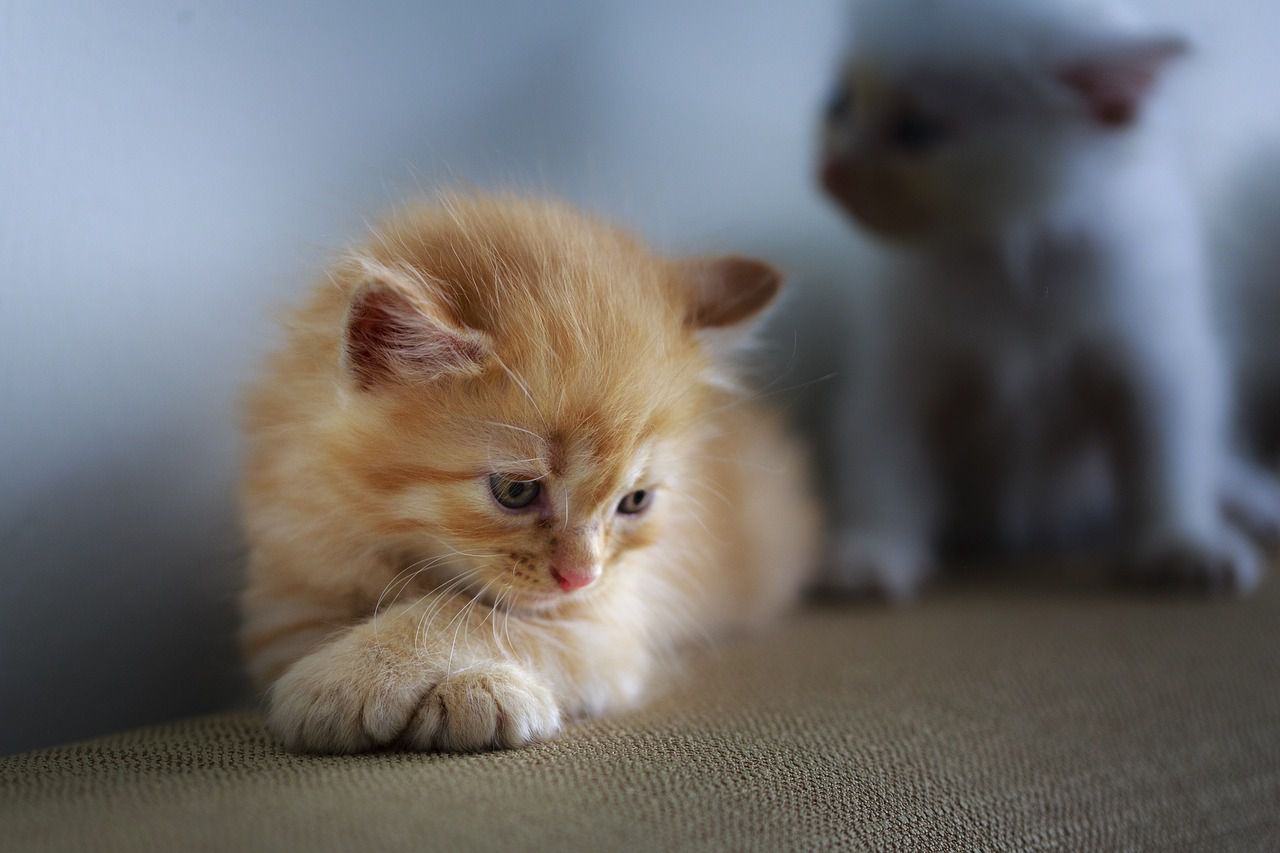Cats, like any other animals, can experience digestive issues for various reasons.
You can notice them acting differently, or just see the results of their stomach issues - and it's time to find the reason.
Here are some common factors that may contribute to digestive problems in cats.
Dietary Changes
Cats are known for their sensitivity to dietary changes.
Switching their food suddenly or introducing new types of food too quickly can upset their digestive system, leading to issues such as diarrhea or vomiting.

Food Intolerances or Allergies
Some cats may have specific food intolerances or allergies, often to ingredients like certain proteins or grains.
Consuming these trigger ingredients can result in digestive discomfort and gastrointestinal issues.
Hairballs
Cats are meticulous groomers and often ingest a significant amount of fur while grooming themselves.
This can lead to the formation of hairballs in the digestive tract, causing vomiting, constipation, or gastrointestinal blockages.
Stress or Anxiety
Cats are sensitive creatures, and stress or anxiety can manifest in digestive issues.
Events like moving to a new home, changes in the household, or visits to the veterinarian can cause digestive upset in some cats.
Parasites or Infections
Intestinal parasites, such as worms, can cause digestive disturbances in cats.
Additionally, bacterial or viral infections can lead to gastrointestinal issues, including diarrhea or vomiting.









